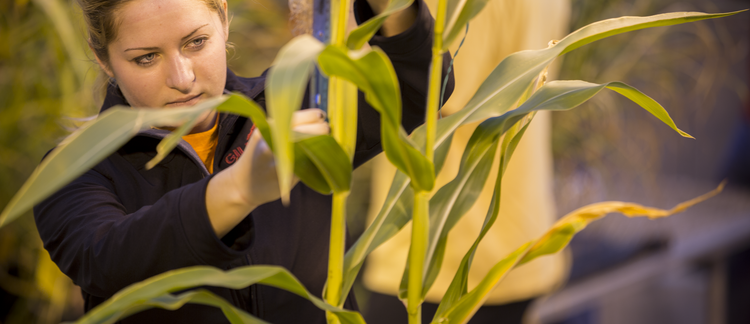Abstract
Producers can use various tillage and fertilizer placement methods to optimize yield, nutrient use efficiency, soil conservation, water quality, and economic benefits in crop production. Different tillage systems may require different phosphorus (P) and potassium (K) application rates or placement methods because tillage changes many physical soil properties and root growth patterns. Broadcasting fertilizers may be less efficient than banding with conservation tillage because P, K, and crop residues accumulate at or near the soil surface.
Keywords: Agronomy
How to Cite:
Mallarino, A. P. & Pecinovsky, K. T., (2006) “Effects of Four Tillage Systems and Placement of Phosphorus and Potassium Mixtures on Grain Yield in Corn-Soybean Rotations and Continuous Corn”, Iowa State University Research and Demonstration Farms Progress Reports 2005(1).
Downloads:
Download pdf
View PDF
243 Views
86 Downloads

